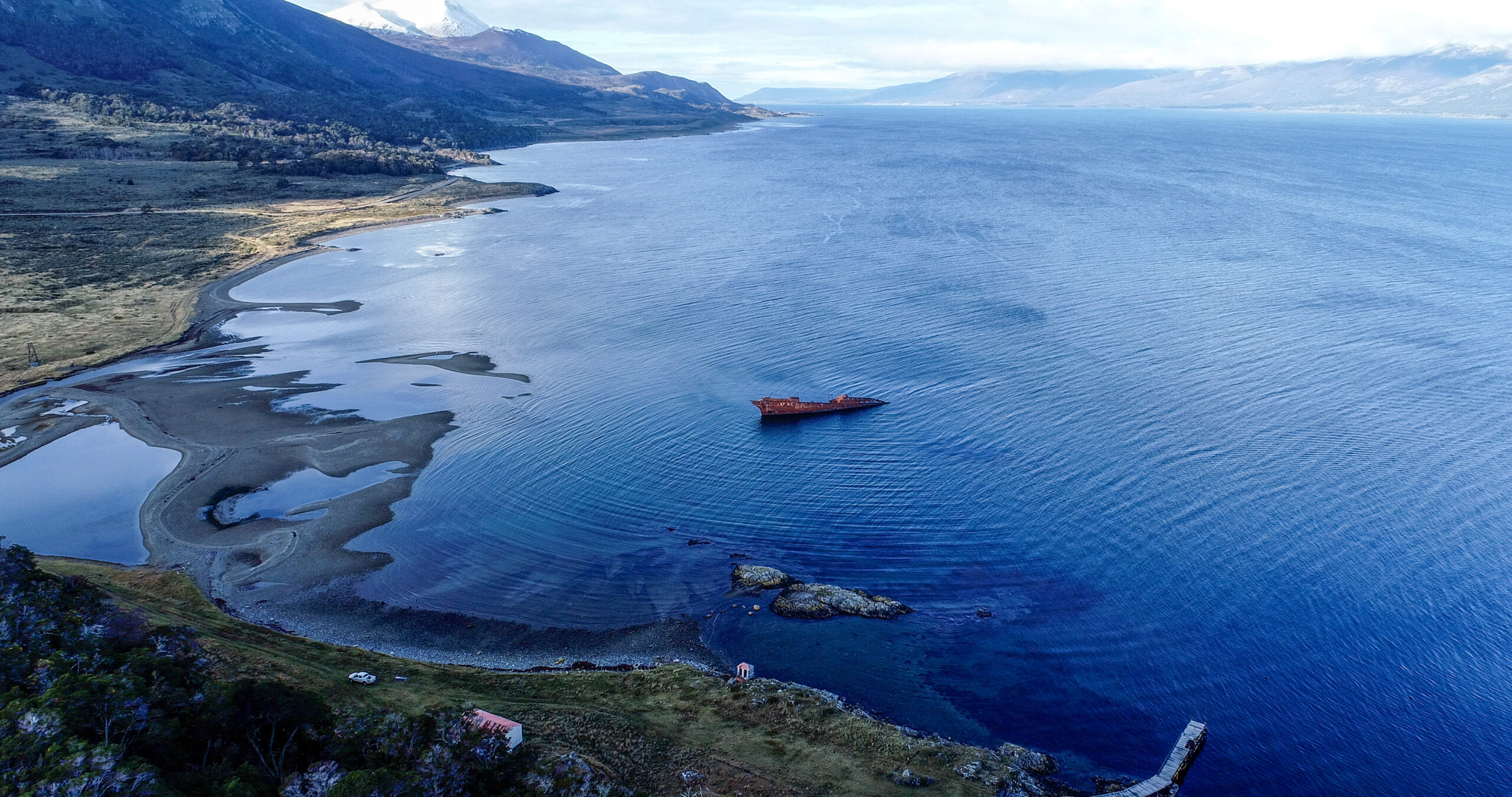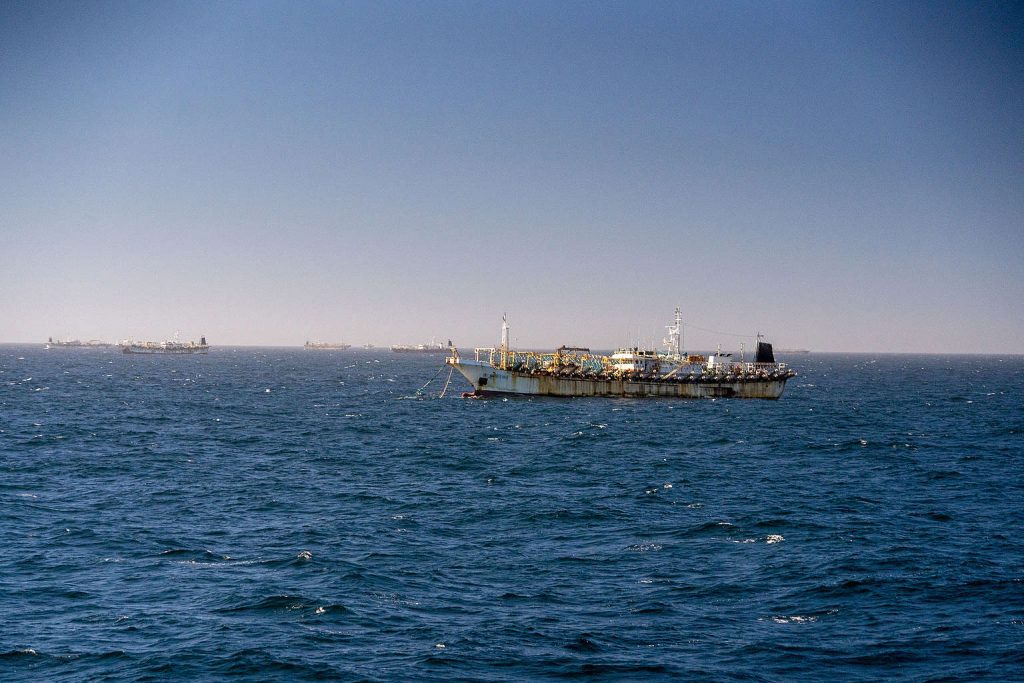A British ship is sailing in the Argentine Sea these days to carry out research, and its presence has raised questions. According to reports, the objectives include the collection of oceanographic, biological, and chemical data, as well as studying ocean currents and conducting seismic simulations.
While the Federal Fisheries Council (CFP) confirmed that there are no impediments, stakeholders from the sector and civil society have expressed their opposition.
What is a British ship doing in the Argentine Sea
The James Cook vessel is currently sailing in the area to collect oceanographic, biological, chemical, and physical data. It will also study ocean currents.
The CFP determined that there are no impediments, nor did it issue alerts for illegal fishing, but sector representatives oppose it for environmental, economic, strategic, legal, and also human reasons.
The authorization was granted during a Council meeting last week. In addition to announcing that a one-year extension will be analyzed for the Hubbsi hake quota, the authorization for the British-flagged vessel to carry out research tasks within the Argentine Sea was put to a vote.
According to the CFP’s Act 23, which states that “verbal notes were received from the UK Embassy requesting authorization for the RRS James Cook vessel,” it details that it will remain in the territory from December 26 to 30, 2024, and from January 2 to 30, 2025.
Why it sparked controversy
 Why a British ship might be prevented from sailing.
Why a British ship might be prevented from sailing.
One of the most sensitive points of the issue is that the area also includes the Falkland Islands illegally occupied by the European country.
The CFP approved it by majority, while only the representative from Chubut expressed disagreement, with the support of the Buenos Aires representative.
Although it is common for Argentina to authorize the entry of foreign vessels into its maritime platform for this type of research collaboration, it had not been done with one flying the UK flag until now.
The Chubut representative opposed the entry of the ship considering that seismic measurements, even if for research purposes, could affect the southern right whale. The Buenos Aires province also supported this position.
Despite being a scientific vessel, the fact that it flies the British flag is what generates greater controversies and arguments against. Beyond environmental disturbance, others find economic, strategic, legal, and human reasons to flatly reject its entry.
Strong arguments against
 An English ship sailing in the Argentine Sea.
An English ship sailing in the Argentine Sea.
First, he indicates that the CFP “does not have the authority to authorize research in the areas requested” and, “if the research were related to fishing, this body would be violating Article 27 bis of Law 24,922″.
This article refers to the prohibition of operating in the country’s waters to anyone who maintains a “legal, economic, or beneficial relationship” with the occupants of the Falkland Islands.
Furthermore, he points out that, if the entry of the James Cook is authorized, “Argentine officials and the United Kingdom could violate Law 26,659“, if authorization is given to carry out oceanographic, chemical, and physical research on the Argentine continental shelf.
In addition to environmental, economic, strategic, and legal reasons, Guillermo Jacob, who actively collaborated in the defense of the Falkland Islands in 1982, emphasized other points to Revista Puerto.
“It is a disrespect to all the guys who died in the Islands and, of course, to those who died at sea as shipwrecked of the Belgrano, including several friends,” he said.
As it has been reported, the authorization is not yet final, but the James Cook ship is already traveling towards Buenos Aires and its arrival is expected in the coming days.
Have you checked out our YouTube channel? Subscribe now!

